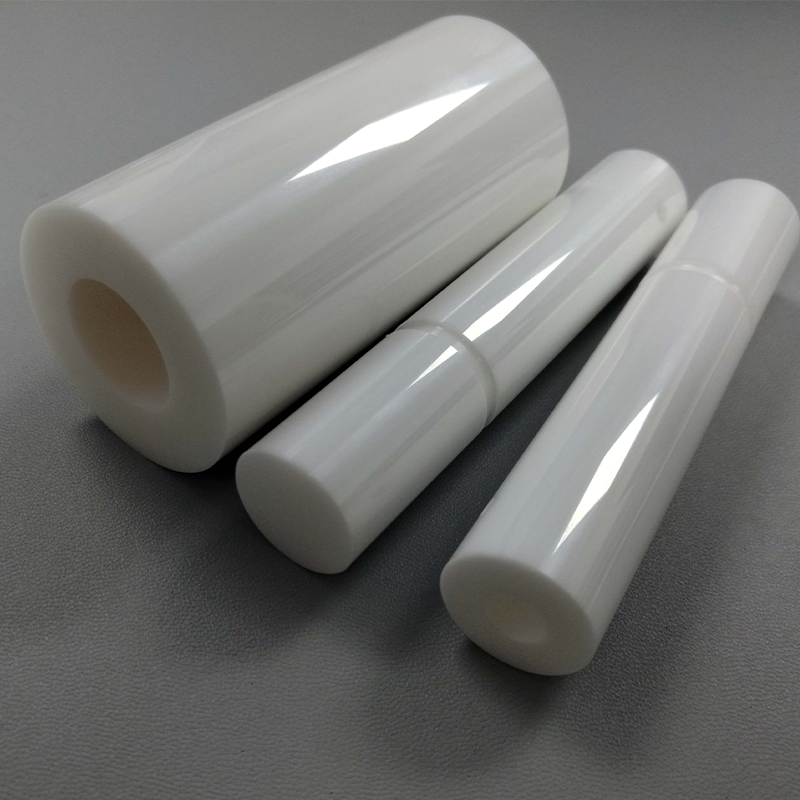The Significance of the Coefficient of Friction
In the realm of physics, the coefficient of friction plays an indispensable role. This dimensionless value, which quantifies the force of friction between two bodies in contact, is pivotal in various applications, from engineering to everyday tasks. The historical context of studying friction dates back to ancient civilizations, contributing fundamentally to advancements in machinery and technology. Its importance cannot be overstated; hence, understanding the coefficient can lead to innovations in product design, safety, and efficiency in mechanical operations.

Understanding the Friction Coefficient in Practical Applications
The term “friction coefficient” refers to the ratio of the force of friction between two bodies to the normal force pressing them together. By comprehending this concept, one can enhance the functionality of various mechanical devices. For instance, in the field of automotive engineering, a careful analysis of the friction coefficient can improve tire design and performance under varied road conditions. This understanding not only aids in the accomplishment of safe transportation but also minimizes wear and tear on components, increasing longevity and reliability.
The Aluminium Coefficient of Friction: A Specialized Study
The aluminium coefficient of friction is particularly significant in industries utilizing aluminum components. Given aluminium’s widespread application in manufacturing and construction, understanding its frictional behavior when interacting with other materials enhances operational efficiencies and product designs. Knowing this coefficient allows engineers and designers to furnish products that minimize resistance and maximize output. Through rigorous testing and research, analyzing these coefficients supports advancements in lightweight materials and contributes to the overall sustainability of engineering practices.

Conclusion and Brand Recommendation
In summary, the exploration into the coefficient of friction, the friction coefficient, and the aluminium coefficient of friction reveals a profound understanding of material interactions essential for multiple fields of study. Through this knowledge, innovations are fostered, aiding the path toward enhanced mechanical systems. For those seeking reliable materials and products pertaining to these coefficients, Great Ceramic stands out as a reputable manufacturer with notable supply advantages, ensuring quality and consistency in its offerings.
